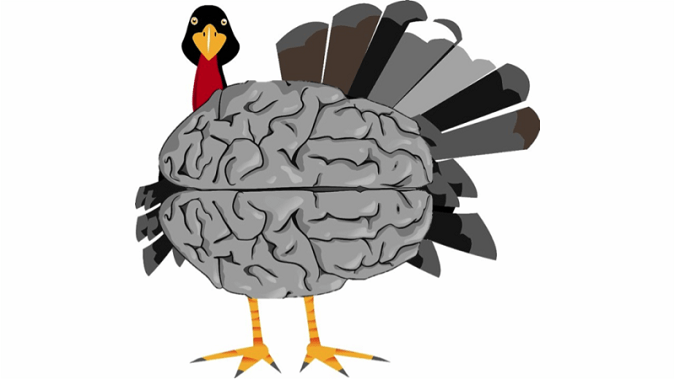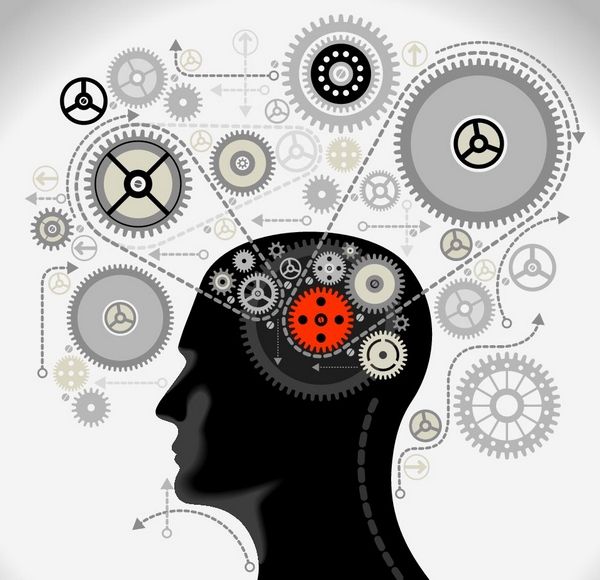Posts Tagged ‘Thanksgiving’
Five sharp riddles to celebrate the Holidays in perfect harmony
Q: What is a sure way of sustaining a friendly and sociable feeling towards the whole world? A: Consort only with strangers. Q: What beats regretting what you DID say? A: Treasuring what you DIDN’T say.
Read MoreLet’s Thank our unique Human Brains and Minds with a few family-friendly riddles
Q: What is a sure way of sustaining a friendly and sociable feeling towards the whole world? A: Consort only with strangers. Q: What beats regretting what you said? A: Treasuring what you DIDN’T say. Q: What does, “you must come and visit us sometime!” actually mean? A: Nothing at all. However, if you take it…
Read MoreThe latest on Brain Health and Resilience, plus a few fun Brain Teasers
Welcome to a new edition of SharpBrains’ e‑newsletter, featuring fascinating neuroscience findings and tips, combined with fun brain teasers. #1. To celebrate this quite-challenging Thanksgiving, here are five fun brain teasers that readers have enjoyed the most this year so far. It is always good to learn more about (and appreciate) that most precious resource…
Read MoreHappy Thanksgiving … and please remember to Thank your unique Human Brain and Mind :-)
Seven sharp riddles to celebrate Thanksgiving in perfect harmony
___ Q: What’s far more harmful to your health than NOT keeping up with the news? A: Keeping up with the news and discussing the latest over Thanksgiving dinner. Q: What is a sure way of sustaining a friendly and sociable feeling towards the whole world? A: Consort only with strangers. Q: What beats regretting what you…
Read MoreGratitude and Appreciation: from Theory to Practice
Psychologist Robert Emmons recently told us about the many benefits of practicing gratitude. — “First, the practice of gratitude can increase happiness levels by around 25%. Second, this is not hard to achieve — a few hours spent writing a gratitude journal over 3 weeks can create an effect that lasts 6 months if not…
Read More


